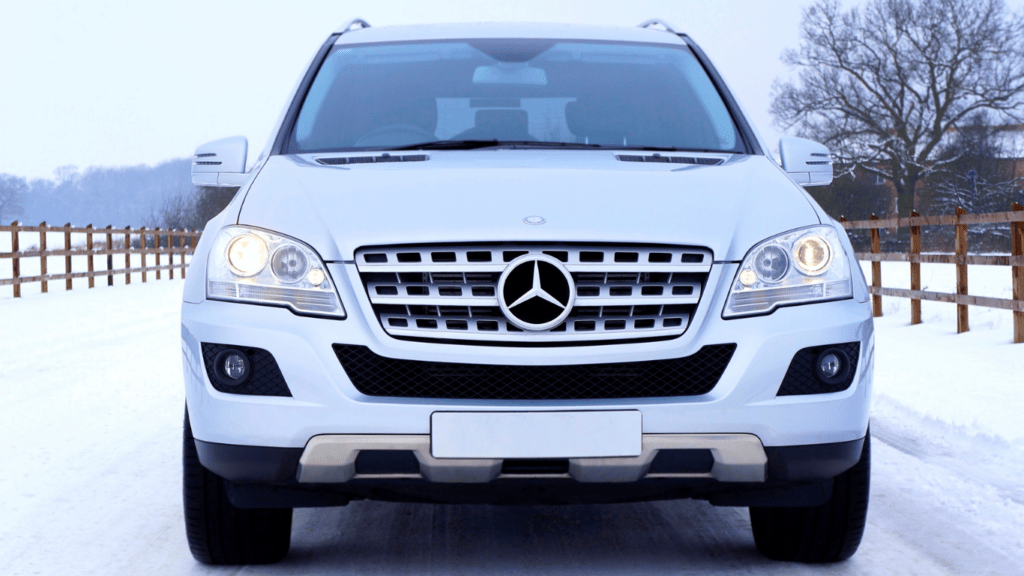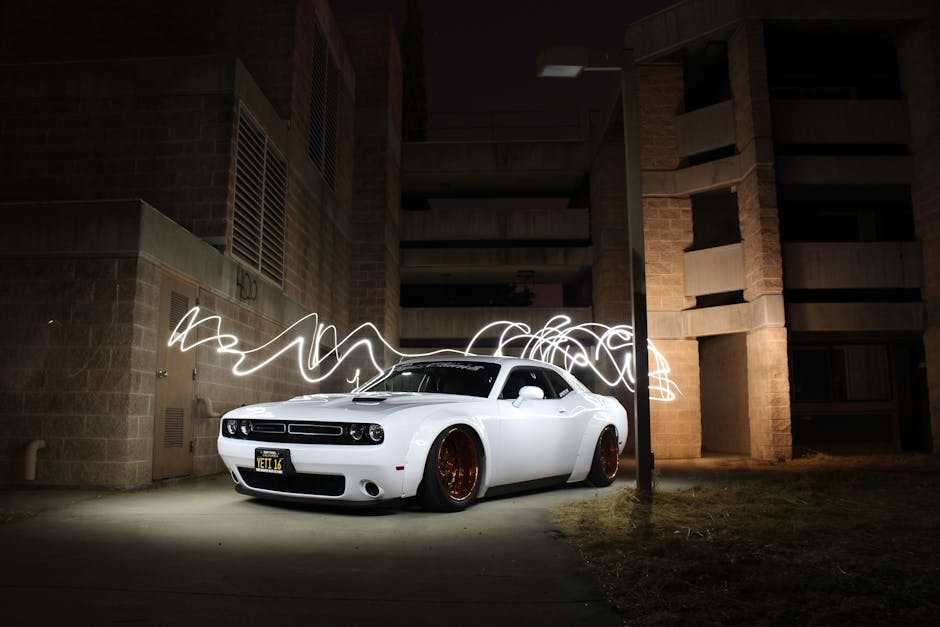Overview of Luxury SUVs
Luxury SUVs offer a unique blend of elegance and functionality. These vehicles stand out with their plush interiors, latest technology, and high performance. Buyers often prioritize roomy cabins, advanced driver assistance, and powerful engines.
Key Features
- Spacious Interiors: Ample legroom and cargo space provide comfort and convenience for families and long trips.
- Advanced Safety Systems: Features like adaptive cruise control, blind-spot monitoring, and automatic emergency braking enhance driving security.
- Cutting-Edge Technology: Integrated infotainment, premium sound systems, and wireless connectivity ensure an enjoyable ride.
Market Trends
The demand for luxury SUVs has surged in recent years. Factors like growing disposable incomes, a preference for high-status symbols, and the increasing need for multi-functional vehicles drive this trend. Additionally, major automakers continually introduce new models to meet diverse consumer needs.
Popular Models
- Mercedes-Benz GLE: Offers an elegant design, strong performance, and state-of-the-art features.
- BMW X5: Known for its driving dynamics, luxurious interiors, and advanced technology.
- Audi Q7: Combines spaciousness, comfort, and a range of powerful engine options.
Consumer Preferences
Modern consumers look for reliability, brand reputation, and eco-friendliness when choosing a luxury SUV. Hybrid models and electric variants are becoming more popular due to their lower environmental impact and reduced fuel costs.
The growing trend of luxury SUVs highlights their appeal across various demographics, making them a prominent choice in the automotive market.
Factors Driving the Popularity of Luxury SUVs
The rise of luxury SUVs has been fueled by a combination of innovative technology, unmatched comfort, and their status-enhancing appeal.
Advanced Technology and Features
Luxury SUVs integrate cutting-edge technology, attracting tech-savvy consumers. Many models include advanced driver-assistance systems (ADAS), enhancing safety and convenience. Features like adaptive cruise control, lane-keeping assist, and automatic emergency braking are standard in many luxury SUVs. Infotainment systems come with large touchscreens, smartphone integration, and premium audio systems. Technologies like augmented reality displays and over-the-air software updates keep these vehicles at the forefront of innovation.
Enhanced Comfort and Space
Luxury SUVs are designed to offer unparalleled comfort for all passengers. Spacious interiors provide ample legroom, headroom, and cargo space. High-end materials like leather upholstery, heated and ventilated seats, and customizable ambient lighting create a luxurious environment. Multi-zone climate control systems ensure personalized comfort for every occupant. These features make long drives more enjoyable and underscore the practicality of luxury SUVs for family and group travel.
Status Symbol
Owning a luxury SUV symbolizes success and prestige. Brands like Mercedes-Benz, BMW, and Audi are associated with high social status, appealing to affluent buyers. The exterior design of these vehicles often features sleek lines and distinctive styling, setting them apart on the road. Luxury SUVs also command higher resale value, making them a smart investment for those seeking both utility and exclusivity. High-profile endorsements and appearances in media further cement their status-symbol appeal.
Factors like advanced technology, superior comfort, and status-driven design play significant roles in the growing trend of luxury SUVs.
Top Luxury SUV Brands

Several luxury brands dominate the SUV market with their iconic models. Three brands stand out: Mercedes-Benz, BMW, and Audi.
Mercedes-Benz
Mercedes-Benz offers a range of luxury SUVs that combine innovation and elegance. The GLE is renowned for its advanced driver-assistance systems and plush interior. The GLS, often called the S-Class of SUVs, provides three rows of seating and opulent features. Drivers appreciate Mercedes-Benz for its meticulous craftsmanship and state-of-the-art technology. Features such as the MBUX infotainment system and AIRMATIC suspension enhance the driving experience.
BMW
BMW’s luxury SUVs are known for their dynamic performance and cutting-edge technology. The X5, a favorite among enthusiasts, delivers a balanced mix of sportiness and comfort. The X7, BMW’s largest SUV, offers spacious interiors and a luxurious ride. BMW incorporates features like iDrive 7.0, a robust infotainment system, and advanced driver-assistance technologies. With powerful engines and precise handling, BMW’s SUVs cater to those who value performance.
Audi
Audi presents luxury SUVs with a blend of sleek design and innovative technology. The Q7 stands out for its versatile seating and smooth ride. The Q8, Audi’s flagship SUV, combines sporty aesthetics with upscale interiors. Audi’s Virtual Cockpit and MMI Touch Response system offer intuitive controls and connectivity. Quattro all-wheel drive provides excellent traction and stability. Audi’s focus on delivering a refined driving experience makes its SUVs popular among luxury car buyers.
Top luxury SUV brands like Mercedes-Benz, BMW, and Audi consistently set high standards in the automotive industry. Models like the GLE, X5, and Q7 illustrate their commitment to excellence in luxury, performance, and innovative technology.
Key Models to Watch in 2023
Several luxury SUVs stand out in 2023 due to their blend of performance, technology, and comfort. Here are the key models to watch.
Mercedes-Benz GLE-Class
The Mercedes-Benz GLE-Class offers a combination of luxury and performance. It features a spacious interior with premium materials and advanced safety systems like Active Brake Assist. The GLE 450 variant includes a 3.0L inline-6 turbo engine, delivering 362 horsepower, and offers an integrated MBUX infotainment system with voice control. This model appeals to families and individuals who want a versatile, high-end vehicle.
BMW X5
The BMW X5 stands out for its dynamic driving experience and innovative technologies. Equipped with a 3.0L inline-6 engine, the X5 xDrive40i variant delivers 335 horsepower. Inside, the BMW Live Cockpit Professional combines a high-resolution display with intuitive control features. Advanced safety systems like Active Driving Assistant enhance the driving experience. This model caters to those seeking a blend of performance and technological sophistication.
Audi Q7
The Audi Q7 is known for its sleek design and refined driving experience. Its 2.0L turbocharged engine in the Q7 45 TFSI variant produces 248 horsepower, while the available quattro all-wheel-drive system ensures a smooth ride. The interior boasts leather seating, a panoramic sunroof, and the Virtual Cockpit system, which displays essential driving information. Audi’s Pre Sense system enhances safety, making it a strong choice for buyers prioritizing luxury and technology.
Pros and Cons of Owning a Luxury SUV
Luxury SUVs offer distinct advantages but also come with some drawbacks. Here’s a balanced perspective.
Pros
- Comfort and Space
Luxury SUVs provide ample legroom and headspace. Vehicles like the Mercedes-Benz GLE and BMW X5 offer spacious interiors, making long trips more comfortable. - Advanced Technology
These vehicles come equipped with sophisticated infotainment systems and ADAS. Features like adaptive cruise control and lane-keeping assistance enhance safety and convenience. - Performance
Luxury SUVs like the Audi Q7 feature powerful engines and advanced suspension systems. These improve driving dynamics and handling, especially on diverse terrains. - Status Symbol
Owning a luxury SUV signifies success and prestige. Brands like Mercedes-Benz and BMW attract affluent buyers, adding a layer of exclusivity. - Resale Value
High-end SUVs maintain their value longer than regular vehicles. Models from brands like Audi and Mercedes-Benz hold better resale values due to their durability and brand prestige.
Cons
- High Cost
Luxury SUVs come with a hefty price tag. For example, the BMW X7 and Audi Q8 are significantly more expensive than non-luxury alternatives. - Maintenance Expenses
Maintenance and repair costs are higher for luxury vehicles. Specialized parts and service for brands like Mercedes-Benz and BMW drive up the expenses. - Fuel Consumption
Luxury SUVs are less fuel-efficient. These vehicles, with their powerful engines, often have lower miles per gallon, impacting long-term fuel costs. - Parking Challenges
Their larger size makes parking in tight urban areas difficult. Models like the BMW X5 can be cumbersome to maneuver in small parking spaces. - Depreciation
While they hold value better, luxury SUVs still depreciate faster initially. High depreciation rates occur within the first few years, affecting overall investment.
Balanced insight into the pros and cons of owning a luxury SUV helps potential buyers make informed decisions.



 Head of Automotive Insights
Head of Automotive Insights
